The human race has always been fascinated with the possibility of immortality. Humans have a long life span during which they have the ability to think, understand and act on a certain curiosity. This often translates into a quest into the unknown, and this has led to the discovery of many wondrous things.
Many a time, the starting point has been the old accounts, writings, and literature that we have at hand. This way, the quest of one man leads into another. The quest for old scriptures, pieces of literature and artifacts stems from the human interest in finding out about those who have lived on earth before us.
Today, we know that we are not the first people to inhabit this planet. In our effort to connect with our roots and our curiosity, we show an interest in history and archaeology. Out of our historical accounts come such older tales that are difficult to believe, but which hold a tinge of fantasy.
In these tales, bygone people have mentioned things that pique our curiosity. People in these stories are often portrayed as questing to find some eccentric or fantastical object. One such object that humans have searched for centuries is the Elixir of Life. Such is man’s fantasy around achieving immortality that this search continues to this day. But, what exactly is the Elixir of Life, and where has all that searching got us?
What is the Elixir of Life?
Man’s search for immortality led in many directions, but the most prominent answer given by many fairy tales and folk tales is of an Elixir of Life, or Immortality. This Elixir is a mythical magical potion that cures all kinds of diseases, as well as granting immortal life to the drinker.
Man has always wanted to live a long, stress free and healthy life on earth. The Elixir of Life represents the achievement of that dream, and is therefore of fantastic value. Simply put, it is man’s wish for immortality, delivered in liquid form.
There have been many accounts of the Elixir of Life existing at one time. However, the truth of these counts has always proved uncertain. Even if the truth behind such claims was substantiated, the actual recipe of the magical potion is always no longer available.
Most historians may even argue that we will never find the right recipe for the Elixir of Life, as it is either lost with the most famous alchemists of the world, or never existed in the first place. Alchemists generally appear in the stories of ancient and fantastic science, or knowledge both forbidden and lost.
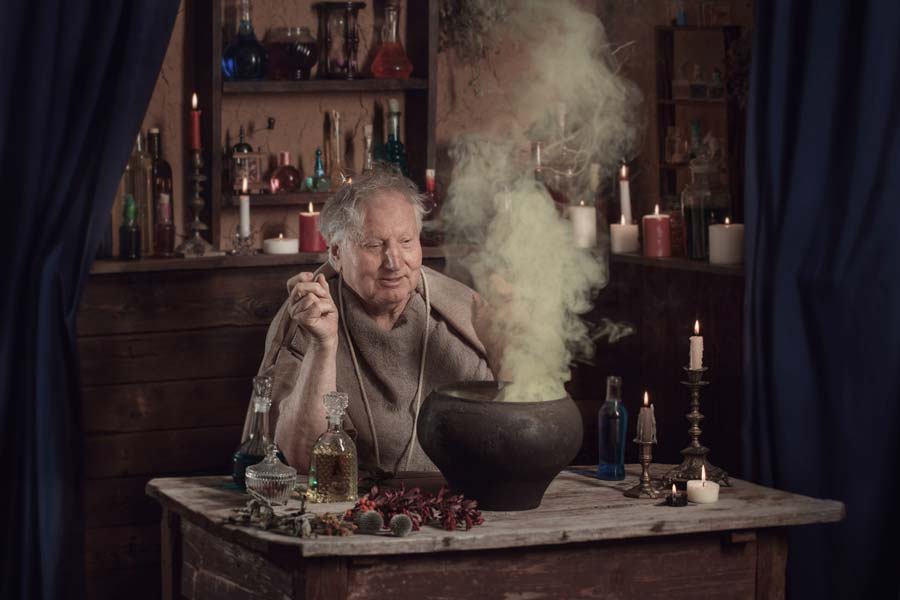
They were most famously specialists in the transmutation of metals, mainly changing base metals into other precious metals like gold. This offers a similar promise to the Elixir of Life in granting freedom from care and hardship, and, like the Elixir, it is being pursued by fringe science to this day. Very few people currently practice alchemy, and this science has become a very obscure one.
The alchemists are mentioned here because while there are many stories about an Elixir of Life, a common element in some is that it was created for the first time by an alchemist. Even today, some alchemists are trying to crack the code of the Elixir of Life by decoding the alchemical texts that have come down to them over the centuries.
Many alchemists across different cultures have been trying to recreate the famous potion for centuries. However, interestingly, no one has yet been successful in achieving this feat. For now the Elixir of Life remains an object of contention, shrouded in a cloud of mystery and myths.
A Fabulous Treasure In Any Culture
As mentioned earlier, there are many myths that revolve around the Elixir of Life even today. Since a true Elixir of Life has not yet been found, all of these accounts and beliefs remain as myths. Even if these are all myths and legends, they seem to be enough to fuel the search for the Elixir further.
Mesopotamia
The Mesopotamian civilization is notably among the oldest civilizations in human history. The Mesopotamian culture introduced many concepts that remain fundamental for modern society. It is therefore unsurprising that some of the initial texts about the Elixir of Life have been found in Mesopotamia. The first known instance of the Elixir of Life in literature comes from the Epic of Gilgamesh.
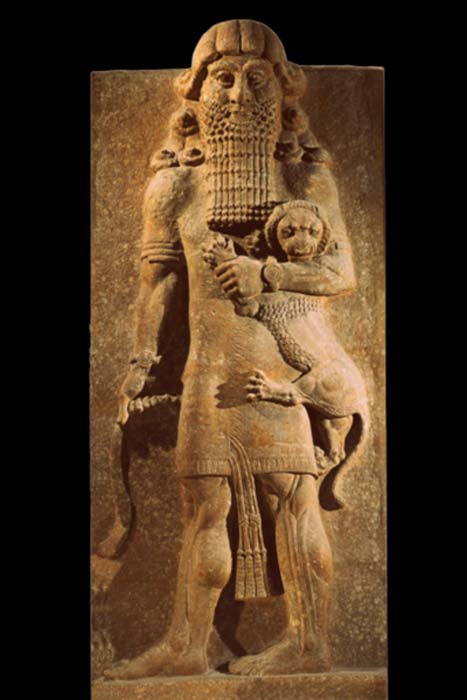
The epic itself revolves around the precarious subject of life and death. The main character of the epic, Gilgamesh, loses his partner Enkidu to death. After his partner’s death, Gilgamesh becomes disillusioned from her loss and fears his own last years on earth. He tries to find an escape from his aging years, and this leads him to the Mesopotamian figure of Utnapishtim. Utnapishtim is the servant of a famous alchemist who went on to achieve immortality, presumably by created an Elixir of Life.
The epic includes references to a magical plant under the sea that Gilgamesh goes on a search for. He successfully finds the plant and brings it to shore. However, before he could test it on another person before eating it himself, a serpent eats the plant. This epic may be intended more to dissuade people from the quest for the Elixir of Life, than encourage them to search for an underwater plant. How far Gilgamesh’s epic and search were true is not known.
China
There is much evidence that the Chinese people actively searched for the Elixir of Life. The Chinese emperors wanted immortality for themselves. This led to extensive research from Chinese physicians and alchemists for the famed potion. Often, this research was funded by the emperor.
There have been many accounts of the search in Chinese history. For example, at the time when the Qin dynasty was ruling Imperial China, the Emperor Qin Shi Huang sent his alchemist Xu Fu to the Eastern seas of China with an entourage of women and men in the search for Elixir of Life. The alchemist went into the Penglai Mountain, but his first attempt at locating the Elixir of life was not a success.
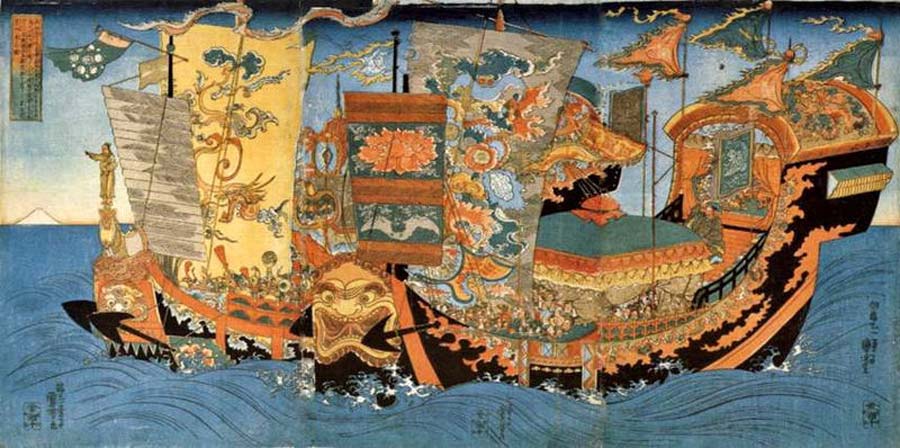
On his second voyage to locate the Elixir, Xu-Fu took a more extensive entourage of men and women than the last time. It might mean that he had better preparations than his first search attempt. However, the entire entourage never returned to China ever again. Their ultimate fate is obscure but it is believed that Xu Fu found Japan, and decided to remain there with his entourage.
However, this is not the end of the Chinese search. Further, the next Chinese reference to the Elixir of Life is more solid. The reference is in the form of an artifact that was discovered in a Chinese tomb located in Central China.
In older times, it was a widespread practice to bury the noblemen of the province in burial chambers. The burial chamber found now dates back to the Han Dynasty rule in China, almost 2,000 years ago. In the burial chamber discovered in 2019, historians found an old metal jug in which the supposed Elixir of Immortality was found. That the potion has survived so many centuries without decay is a marvel. The conditions suggest that the Elixir was brewed by a cursed noble family of the Han dynasty to save them from death.
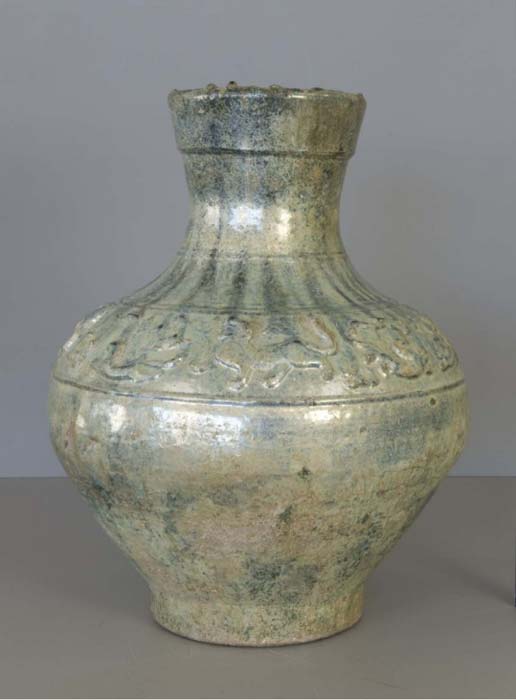
The metal jug apparently had 3.5 liters of the Elixir stored in it. However, whether the family ever drank the formulated Elixir is not clear. Many Chinese people tried to make the Elixir with different recipes. Many of these recipes had radioactive metals and other harmful compounds in them. This meant that when the people tested the formulation, they saw death instead of long life.
It is also possible that the bygone people stored the Elixir in the burial chamber to resurrect the dead. People may have believed that the dead can return from the afterlife by using the Elixir of Life, so they made sure they had some on hand. The Elixir of Life discovered in the tomb had a strong alcoholic smell, so it was initially assumed to be alcohol.
The proper composition, however, many Taoist texts recommend a recipe believed to be based on potassium nitrate and alunite. These two compounds are not good for health and thus, drinking this supposed Elixir of Life could ironically lead to death.
The problem, is that the Chinese alchemical formulations of the Elixir of Life are largely based on metals and metal salts. Many texts suggested that eating hematite or jade or gold in small quantities can confer immortality to a person, or to drink solutions of gold for longevity. One can understand the fascination people have with gold.
Moreover, mercury and other potent metal salts integrated in various unsuccessful formulations of the Elixir of Immortality. Of course, mercury and other metal salts are dangerous for health. Therefore, ironically, the Elixir of Immortality has led to many fatal incidents in Chinese history. In fact, emperors dying from elixir poisoning were almost common in Imperial China.
India
In India, the roots of mythology are strong. If we refer to the Indian historical texts, references to an Elixir of Life seem more mythological than real. What we mean by this is that in India, people believe that the Elixir of Life, or “Amrita”, is only for the gods, and only the chosen ones get the blessing of immortality from them. However, the Elixir of Life is more about gods than humans.
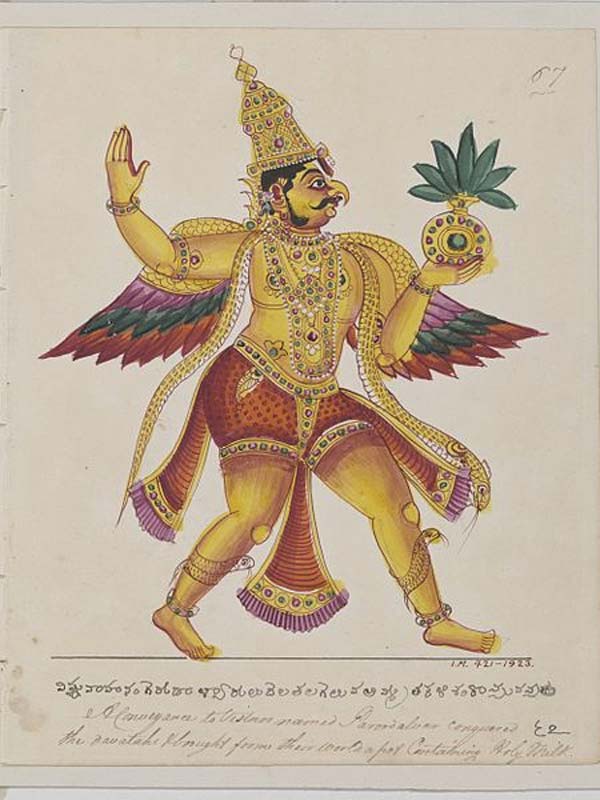
The story of The Elixir of Life in Indian mythology stems from the division of celestial beings into the gods and demons. The gods and demons were all once mortal, and demons gained more power than gods. They misused this power to harm people and kill the gods, and spread disorder in the universe.
Therefore, the gods planned to create and consume the Elixir of Life to become immortal, allowing them to stay alive for eternity and guard the universe against evil. The gods churned the ocean with the help of a mountain and a serpent, as well as from the demons, who also wanted to discover the Elixir of Life. Ultimately, the gods themselves drank the Elixir of Life, and became immortal.
In Indian mythology, immortality through discovery of the Elixir of Life is also often associated with greed. People believe that the Elixir of Life is a magical drink but that immortality should be earned. To this end, some Indians practiced other disciplines to gain longevity and health. For example, yoga conferred all this on them. The concept of Immortality remains on a more spiritual level for Indians, where they believe that the soul is immortal and can only attain enlightenment.
Immortality In The Bible
There are many references to immortality in the Bible and, by extension, in Christianity. The initial reference to immortality stems from the Garden of Eden. In the Book of Genesis in the Bible, the Garden of Eden is mentioned extensively. As described, there were two prominent trees in the garden. There was the tree of knowledge, and the tree of life.

The tree of knowledge held forbidden fruit, which obviously links with the origin story of the human race. However the other tree, the tree of life, is the magical tree that gave immortality to anyone who ate fruit from its branches.
Another mysterious object that could confer immortality, according to biblical legends, is the Holy Grail. The Holy Grail is a miraculous cup that has many stories linked to it. People believe that the Holy Grail is the cup from which Jesus drank at the last supper. Anyone who drinks from the same cup will live forever in perfect health.
Conclusion
The concept of Immortality and people’s fascination with it is so high that there are numerous legends around it. These legends differ from culture to culture. However, death is a certainty, and even though humans can increase their longevity with the help of modern medicine and science, the legend of Elixir of Immortality remains apparently impossible. Finding immortality by drinking an elixir sounds too good to be true. In the meantime, these stories are great to hear.
Top Image: The Elixir of Life remains elusive. Source: radiomarlena / Adobe Stock.
By Bipin Dimri